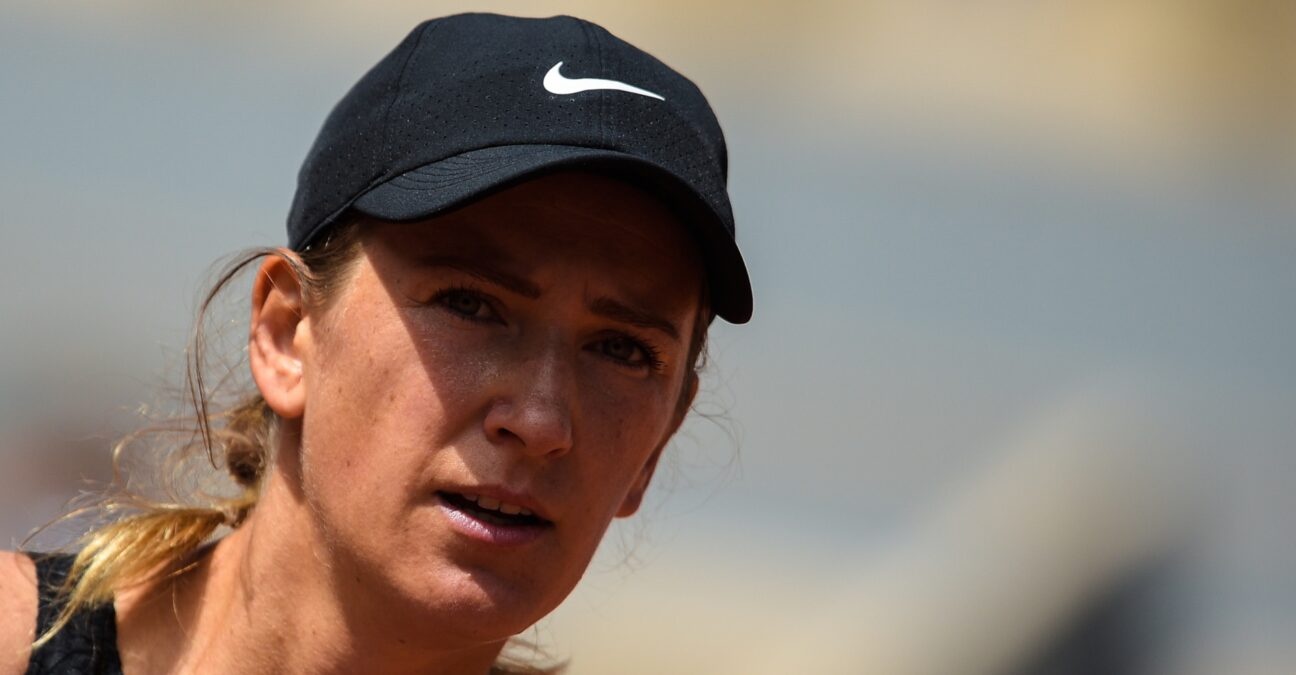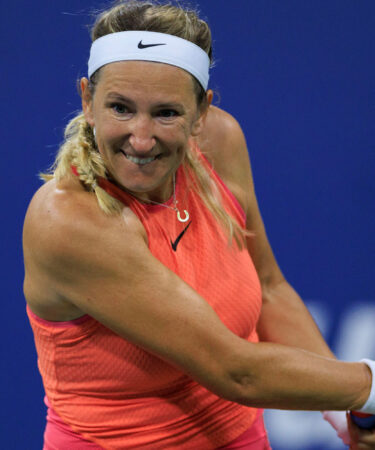‘Disappointing’ – Victoria Azarenka on lack of equal treatment for female players at Roland-Garros
The former world No 1 has not been impressed with female players’ treatment at Roland-Garros, and has called for her peers to speak up about their experiences
 Victoria Azarenka at Roland-Garros in 2021 (Panoramic)
Victoria Azarenka at Roland-Garros in 2021 (Panoramic)
Victoria Azarenka hit out at the Roland-Garros authorities after her fourth-round defeat to Anastasia Pavlyuchenkova – criticising what she suggested was a lack of equal treatment for the female players in the draw.
Asked about the night sessions being billed as the “match of the day”, the Belarusian replied: “What concerns me is when somebody from French Federation is continually trying to say there is equality, and only pointing out to prize money, which is true. Everything else, I wouldn’t even agree for a little with that. And that’s disappointing.”
The 31-year-old indicated that the possibility of her playing one of her matches in the evening session had not even been mentioned to her, and went on to detail the ways beyond that in which she thought female players were not treated the same as their male counterparts.
“I think there is enough examples over the years where we’ve heard remarks towards women, where we’ve seen two women’s semi-final matches playing on the outside courts,” she added, referring to the 2019 edition of Roland-Garros when the women’s semi-finals were moved to Court Suzanne-Lenglen and Court Simonne-Mathieu on the second Friday of the tournament rather than taking place on Court Philippe-Chatrier as initially scheduled. The intended Wednesday schedule had been wiped out due to poor weather, and that had a knock-on effect for the rest of the week – but the men’s semi-finals were still held on Chatrier as normal. “I mean, you guys, if you follow tennis, you know what I’m talking about. I think there is no surprises that I can reveal here.
“I think sometimes you need to hold some people accountable for some of those things and not continuously point out to the obvious of prize money.”
Tournament director Guy Forget defended the scheduling decisions, although he “accepted the criticism” that men’s matches had dominated the night matches.
“On (Court Philippe)-Chatrier, we are playing four matches a day,” he told ESPN. “And it’s 50-50, two men, two women.”
He added: “There was a possibility of a match between Ashleigh Barty and Coco Gauff [in the fourth round]. It’s the kind of match that you potentially want to see on a night match. Unfortunately Ashleigh, the No 1 player in the world, had to withdraw with an injury. So it is very hard to choose…It’s a tough call to make, but I guess this is the path we took and we’ll see how that goes next year.”
Azarenka: Players’ voices should be heard
However, Azarenka had wider criticisms of the way the tournament was running, suggesting that the organisers were less than accommodating to players’ needs.
” I just think that in general sometimes things here are made a bit too complicated,” she said, “and it has nothing to do with today’s match. It’s just honestly a bit frustrating every time you’re trying to deal with the organisation here, it’s becoming ‘pas possible’. Everything you hear is ‘pas possible’.
“It has nothing to do with the outcome today or the other day. When you’re coming to warm up before the match, the court is completely wet where it’s kind of dangerous to move. I just have a genuine question, Why? Why can it not be ready when people know somebody is coming to practise, players are going to warm up? I don’t understand why simple things like this are not in place.
“But that’s just one example. It makes it exactly what I said: there are simple things that just can be avoided and continuously trying to battle for everything here.”
Saying that she did not want to be “difficult” or to “point fingers” at anyone in particular, Azarenka – a former member of the WTA Player Council – called for players to speak up more, and for their voices to be taken into account more by the authorities. These comments could be seen as a nod to the Novak Djokovic-led Professional Tennis Players’ Association; he and co-convenor Vasek Pospisil have insisted that they will be including female players in their future work.
“I would like to have players’ voices heard more and I would like players to take responsibility as well for our part of the job and helping and working together with organisations,” she said. “I think that’s where it can work best, when we work together and find solutions. That’s really my, I would say, ideal view and ideal approach.”
People in this post
More tennis news
February 20, 1994: The day Martina Navratilova won her 167th and final singles title

Marathon day at Rio Open ends with Tseng beating Monteiro

Fonseca points to mental fatigue for Rio Open loss, Indian Wells main draw awaits

Zverev saves two set points, beats Shevchenko at Rio Open

Zverev, Dimitrov, Tiafoe and Shelton among singles players in Indian Wells doubles field



